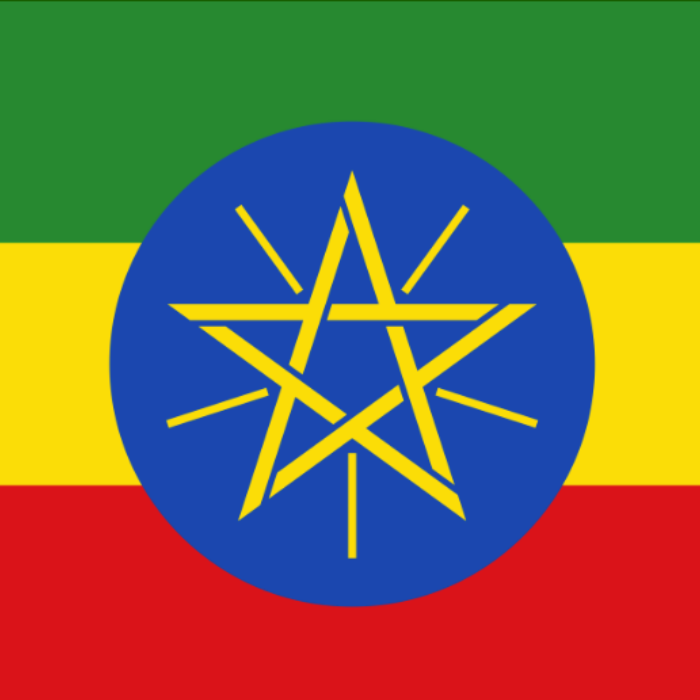jakafe
Ethiopia Sasaba Washed
Ethiopia Sasaba Washed
In stock
Prices are listed per 1kg excluding VAT and are subject to final approval.
GrainPro package 60 kg
Journey to the heart of Guji
Head south on the Addis Ababa-Moyale highway, passing through the legendary Yirgacheffe region, and as you enter the dreamy, mist-shrouded mountains, you will be greeted by the vibrant town of Bule Hora – the gateway to the Guji region, where some of the most sought-after Ethiopian coffees of today are born.
From Bula Hora, old, unpaved roads – muddy trails – meander through the green hills and fertile fields of the Kerch region. It is here, in this dramatically beautiful landscape, that we find the Sasaba Washing Station – a processing station that has become a household name among lovers of fine coffee.
The station's founder and owner, Tsegay Hagos Tesfaye, has built two processing stations in the Kerch region. Equipped with a large-capacity dehuller and more than 600 African coffee drying beds, Sasaba works with more than 500 smallholder farmers from the surrounding hills.
These farmers – mostly from the Gedeo and Guji ethnic groups – cultivate their small plots at high altitudes of around 2,000 metres above sea level. Their coffee plants grow in the shade of native forest trees and ensetu (false banana) trees, which maintain soil moisture and support biodiversity.
Most of the farmers are Protestant Christians, living in a community that has passed down the knowledge of coffee cultivation for generations – without the use of chemicals. This creates the authentic Guji terroir, which reveals floral aromatics, honeyed sweetness and juicy forest fruit acidity in the cup.
Fair reward for quality
Sasaba works closely with the most experienced farmers in the area. They used to sell their harvest to middlemen at low prices, with no traceability or fair valuation. Today, Sasaba pays them premium purchase prices – if their coffee meets the station’s high standards.
Of particular note was Operation Cherry Red Auction (2018), where ten batches from selected farmers were individually processed and then successfully auctioned off. This success opened up new avenues for financial independence and gave farmers a reason to stand proudly behind their coffee.
As Tsegay Hagos Tesfaye says:
"Sasaba doesn't grow alone. It grows with farmers."
The station provides not only training, but also medical assistance, emergency transportation, and interest-free loans during the rainy season, when conditions in the mountains can be difficult. This mutual relationship of trust and support creates a sustainable model from which both parties benefit.
Processing: Emphasis on precision
The harvest in the Sasaba area takes place from late October to December. The ripe cherries are immediately collected at the station, where they are sorted and processed using two main methods:
Washed method: Cherries are dehulled and fermented for 48–72 hours, then dried on beds for 7–8 days.
Natural method: Whole cherries are dried directly in the sun, usually for 15-20 days, which deepens the sweetness and body of the coffee.
Interesting fact: Why Sasaba?
The name Sasaba refers to the local area while evoking stability and origin. In the coffee world, the name Sasaba has become synonymous with ethically processed, carefully selected and precisely fermented coffee with origin.
Flavor profile : TBD
Country of origin : Ethiopia
Region : Guji / Kerch
Farm : Sasaba Washing Station
Farmer : various delivering to Sasaba Washing Station
Altitude: 2000-2150 m above sea level
Variety : Heirloom
Processing : Washed
Cupping Score : 87+
Crop: 24/25







Ask for quantity and price
Please also include the specific product you are interested in in the text.







